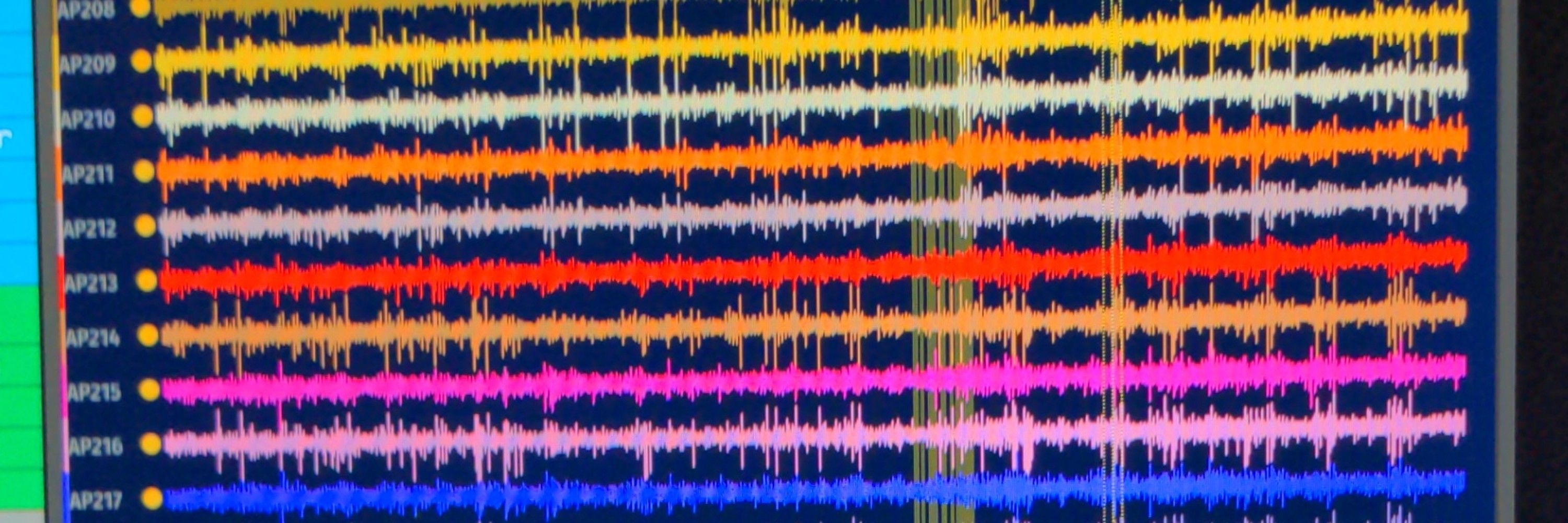Daniel Pollak
@danielpollak.bsky.social
60 followers
95 following
9 posts
Neuroscience PhD at Caltech studying natural behavior
Posts
Media
Videos
Starter Packs



